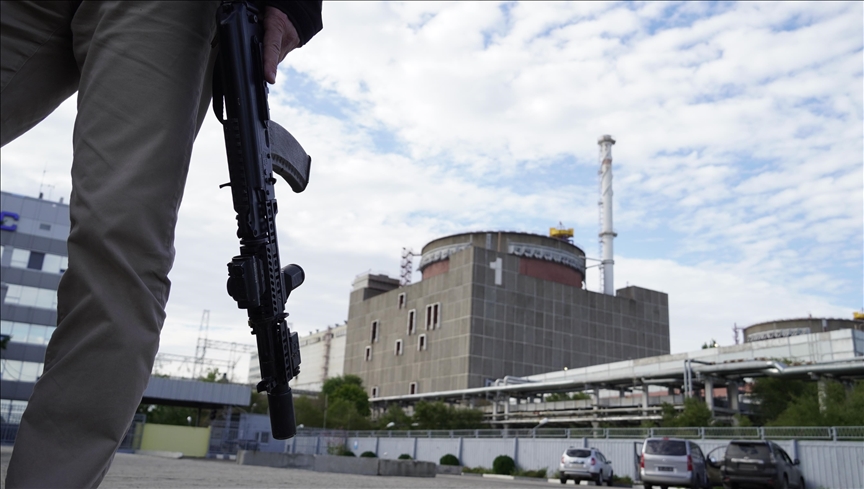Iran Dismissive of US Military Threats
Iran’s Intelligence Minister Ali Yunesi called US threats a bluff but warned that Washington would make its biggest mistake if it attacked Iran.
"The Americans are stupid, but not so much to make the same mistake which they made in Tabas," said Yunesi, referring to a failed US military operation in 1980 to rescue hostages held in Iran, according to the official Islamic Republic News Agency (IRNA).
US President George Bush said on 17 January that his administration would not rule out the possibility of using military force against Iran over its controversial nuclear programme and Vice-President Dick Cheney said on Thursday that Iran was right at the top of the list of world trouble spots.
Espionage
IRNA quoted Yunesi as claiming that US planes had been detected over Iran as "part of the espionage which they carry out" and warned that "every action has a reaction". He added that the planes were "nothing new".
Yunesi also said US commandos had not entered Iran for reconnaissance missions.
"We are eagerly looking for the Americans commandos to come to Iran since they are chicks which would rapidly be picked up by our eagles," he said, according to IRNA.
Secretary of State designate Condoleezza Rice made clear that American differences with Iran go well beyond its nuclear programme, saying that it was "really hard to find common ground with a government that thinks Israel should be extinguished".
Psychological warfare
Foreign Ministry spokesman Hamid Reza Asefi responded on Sunday, saying that Iran "has always said that Tel Aviv decides US policies and that the Zionist lobby is very powerful in the United States".
Asefi said top US administration officials did not find any friends around the world when they issued threats suggesting the United States may be considering military action against Iran.
"We consider such remarks a psychological war," Asefi said on Sunday. "We think the possibility is very low unless someone wants to commit a very big strategic blunder."
President Muhammad Khatami said on Thursday Iran had plans to defend itself should the United States make any aggressive moves but added that the possibility of an attack was very low because Washington was preoccupied with Iraq.
Talks with Europe
Pulitzer Prize-winning writer Seymour Hersh reported in The New Yorker magazine on Monday that the Bush administration had been "conducting secret reconnaissance missions inside Iran at least since last summer" for the purpose of gathering intelligence and targeting information. Defence department officials said the article was filled with mistakes but did not deny its basic point.
Asefi refused to comment on reports that Iran has discovered spying devices from unidentified flying objects shot down by the Iranian military.
While top US officials have articulated a tough US policy towards Iran, European Union officials have taken a softer line, openly opposing a military strike against Iran.
"One of the US objectives in this psychological war is to pressure Europe so that Europeans won’t succeed in talks with Iran," Asefi said, who added that new nuclear talks with Europeans were moving forward smoothly.
Under international pressure, Iran suspended uranium enrichment and all related activities in November, hoping to avoid UN Security Council sanctions.
Under an agreement reached with the European Union, Iran will continue suspension of its enrichment activities during negotiations with the Europeans about economic, political and technological aid. Iran has said it will decide within three months whether to continue its suspension, which is monitored by UN nuclear inspectors.



